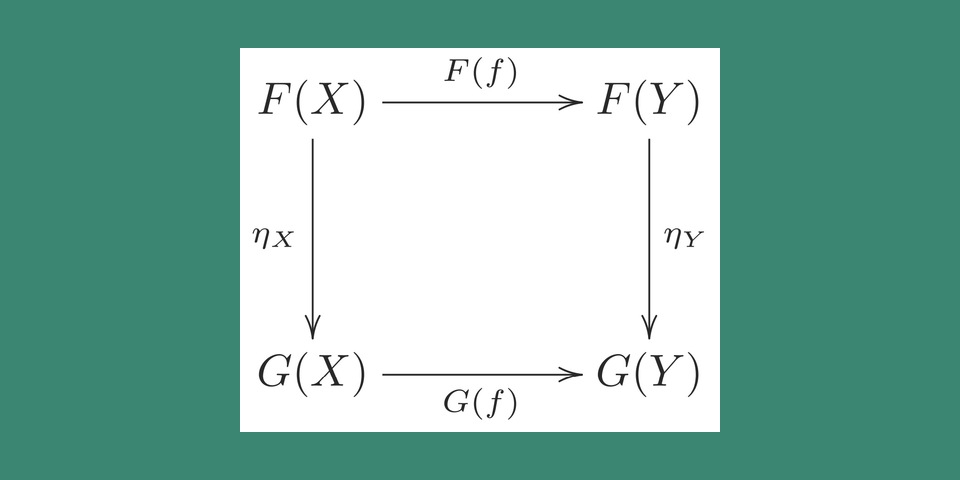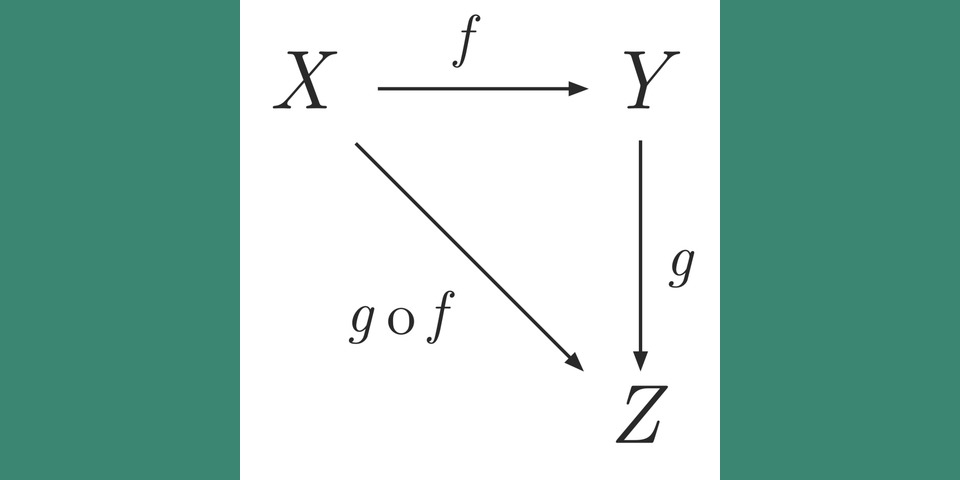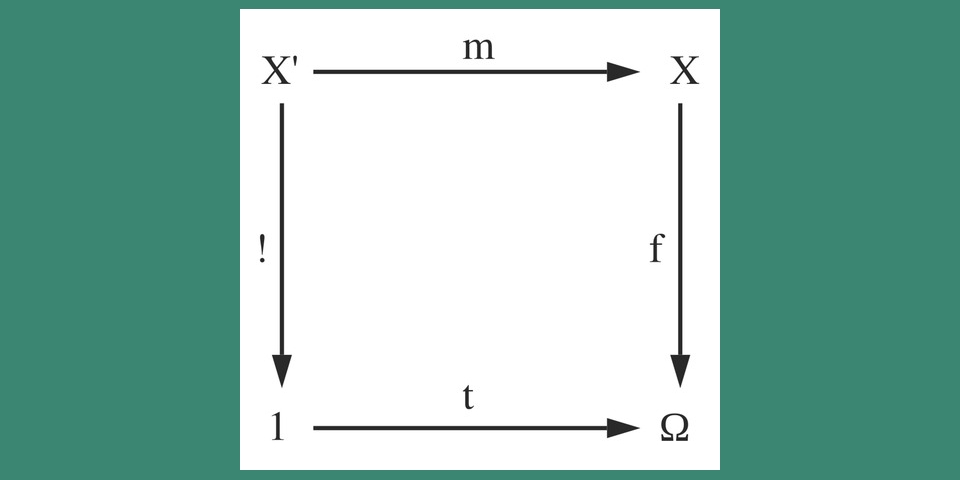
UPDATE – March 22, 2015:
On October 11, 2013 we delivered a Keynote Lecture at the “Religious Faith and Social and Applied Sciences Conference”, Utah Valley University. This lecture constitutes the first public presentation of a paper based on the objective-logic project.
The title of the paper/lecture is “Towards an Objective Logic of the Categories of Faith and Science”. Kindly post your comments and feedback in the comments section to this reflection.
Download “Towards an Objective Logic of the Categories of Faith and Science” !END OF UPDATE
This is a secret project under construction!
The Prophet of Islam (S) has said,
Oh Allah! Show me things the way they really are!
A large part of the path of humanity to attain knowledge of the real world involves the struggle of the microcosm (human being) to mirror the macrocosm (the rest of the real world) in a system of concepts, concepts which we then use to express propositions which are either true or false. Given a proposition composed of concepts, we seek to determine whether or not that propositions can be deduced from other propositions of interest, or whether it implies other propositions of interest. The study and science of the rules and parameters that consciousness or thought must obey and take into consideration when struggling to determine if one proposition actually implies another; that study and science is usually called deductive logic.
The movement of consciousness or thought within deductive logic per se generally takes place without concern for the reality outside of the (usually closed) universe of discourse in which the concepts that make up the propositions of interest are generally given or defined. Rather, deductive logic focuses on determining of a given proposition, regardless of whether or not it and its constituent concepts accurately reflects reality, whether or not it implies or is implied by another proposition. In the above sense of ‘without concern’ we can also, following mathematician Lawvere (deeply influenced by Hegel), call deductive logic subjective logic.
Human beings in every age and time have engaged in subjective logic. But it was Aristotle who was the first to discover and elaborate a systematized science of subjective logic.
On the other hand: In the struggle to mirror macrocosmic reality lies the heart of microcosmic objectivity. The movement of consciousness or thought to accurately mirror reality involves a reflection-relation between the human being (or microcosm) and the rest of the world (or macrocosm). The study and science of the rules and parameters that consciousness or thought must obey and take into consideration when struggling develop a complete and accurate mirror-image of outer reality; that study and science is called objective logic.
Human beings in every age and time have engaged in objective logic. But a genuine science of objective logic has remained elusive over the centuries. The The first rigorous theory of objective logic was developed within the mathematics community in recent decades under the rubrics of Category Theory and Topos Theory.
Yet some of the most general principles underlying the search for a rigorous framework for objective logic can be found within ancient traditions such as Hermeticism, Taoism, and Islam. In particular, both the need for objective logic and an emphasis on its dialectical method can be found in the primary sources of walāyaḧ. A major dialectician of Islam and objective logician is Shaykh Aḥmad ibn Zayn al-Dīn al-Aḥsāʾī, a contemporary of Hegel.
One discovery that the ancients understood is that the struggle of objective logic is assisted by a generalization of the dialectic between macrocosm and microcosm. This generalization involves
- the recognition of multiple universes of discourse;
- the recognition of objective transformations across those universes of discourse.
Thus the identification of a general concept or category in one universe of discourse necessarily involves an associated concept in another universe of discourse. Deeper understanding of one will involve deeper understanding of the other and vice versa. Via a dialectical method consciousness can move from one universe to the other and back in the struggle to clarify and even discover new concepts.
In particular these principles were presaged by Jaʿfar ibn Muḥammad ał-Ṣādiq (ca. 765 CE) and by his grandson ʿAlī ibn Mūsā ał-Riḍã (ca. 818 CE). The baton of their insistence upon the need for objective logic in the cosmological study of walāyaḧ was apparently only taken up in earnest and in a fundamental way 1000 years later by Shaykh Aḥmad al-Aḥsāʾī.
A special kind of mathematical category is a topos. Very roughly and informally, a topos is a universe of discourse equipped with a specific set of rules of logic that governs implication relations between propositions composed of concepts in that universe of discourse. For example, in some toposes, the law of excluded middle applies.1 In others, it does not apply.
There are some areas of the science of walāyaḧ that require something like a topos approach in order to understand what’s going on. The doctrine of badā (appearance of one divine decision in lieu of another divine decision) is one such critical area.
The above notes are both terse and preliminary. In the coming weeks and months they will, in shaaʾa Ãllah be developed and explained in more detail. For those interested, keep an eye on this page!
- According to the Law of Excluded Middle, every proposition is either true or false. This is to be distinguished from the Law of Non-Contradiction, according to which no proposition is both true and false. The Law of Non-Contradiction holds true in most toposes of interest, in contrast to the Law of Excluded Middle. ↩



